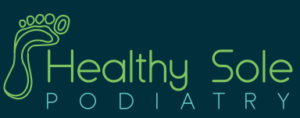
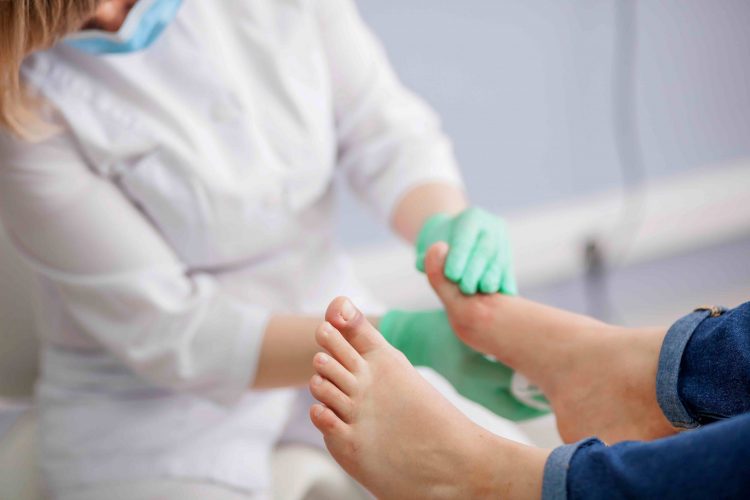
Our Podiatrists are experts in ankle and foot orthotics and Launceston orthotic services they are highly experienced in treating and diagnosing conditions related to the nails and skin. From thickened toenails to plantar warts and fungal nail infections, we provide comprehensive care.
This technique, perfect for those seeking alternatives to traditional pain relief, involves the insertion of very fine needles into specific trigger points within muscles, helping to restore the muscle to optimal and unrestricted function.
Dry needling can be used as an adjunct treatment to orthotic foot inserts to improve muscle tightness and pain. Dry needling can alter the length and tension in muscle fibres, and increase blood flow to the muscle which can overall reduce the recovery time.
Some of the conditions that can benefit from dry needling include:
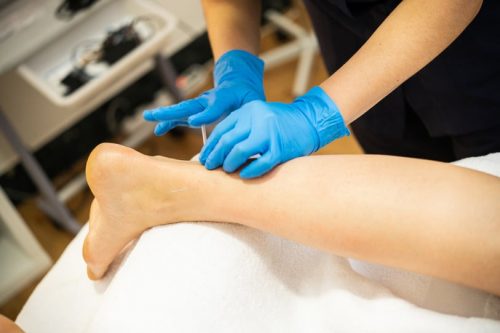
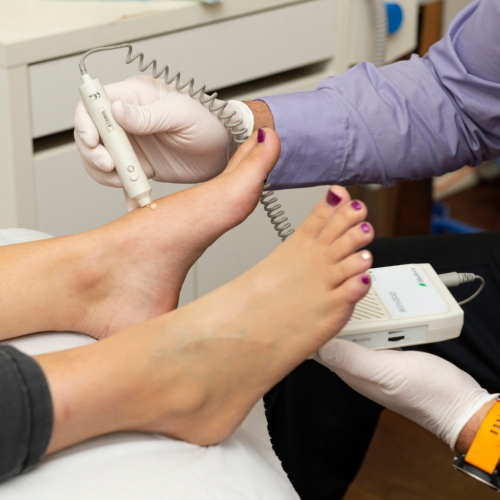
We use specialised Doppler ultrasound to assess the blood flow and pedal pressures in the lower limbs and feet. We then check the protective sensation.
Skin and nail integrity are assessed. We provide education on at-home foot care, footwear, and diabetic foot complications, including ulcer prevention and management.
We work collaboratively with your doctor, providing a written report and advice on any ongoing referrals.
Keryflex nail restoration can only be applied by a trained Keryflex podiatrist. We use medical-grade sterilisation of all equipment. In as little as 30 minutes our podiatrists can create a realistic, natural-looking nail, which overlies a damaged nail.
Keryflex uses thin layers of a polymer resin and special activators to create a durable, yet flexible artificial nail. The resin material will not further damage the underlying nail like acrylics and gels can. It is also more comfortable and thinner than a conventional “fake nail” and is designed to look natural. The treatment can last up to 3 months.


Children and their feet grow very quickly. Early assessment and intervention can be beneficial to prevent problems in the future. Some of the conditions treated are:
For the majority of cases, ingrown toenails or damaged nails are easily managed conservatively. However, in some cases, nail surgery may be required, which may include:
Nail surgery can be a temporary (where the section of the nail will re-grow) or a permanent procedure (where we use phenolisation so that the nail does not re-grow).
In most cases, a section of the nail is removed. In some cases, the whole nail is removed. In both procedures, we use local anaesthetic and sterile instruments.
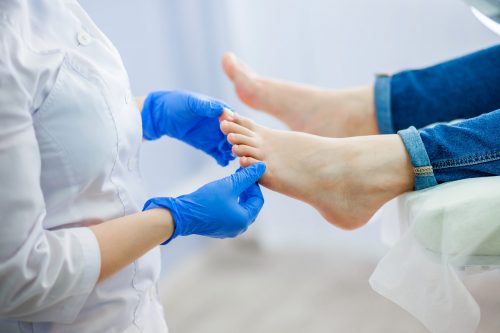

Orthoses can be used to treat various foot conditions and painful injuries. We use orthotic therapy with other treatment modalities (such as footwear, strapping, stretches and strengthening exercises) to achieve the best outcome for you and your feet.
Orthoses can support your feet and improve foot and leg function. They are also effective in pressure redistribution and can reduce corn, callus and ulcer formation.
We have a variety of pre-fabricated devices and also can provide custom-made orthoses, where an orthotic prescription is written, according to your requirements.
We begin by providing a thorough patient history and biomechanical and gait assessment.
Once your orthoses are fitted, we provide follow-up consults to ensure the devices are comfortable.
A podiatrist can prescribe a rehabilitation program to reduce the chance of an injury recurring and can include flexibility, balance, stretching, and strengthening.
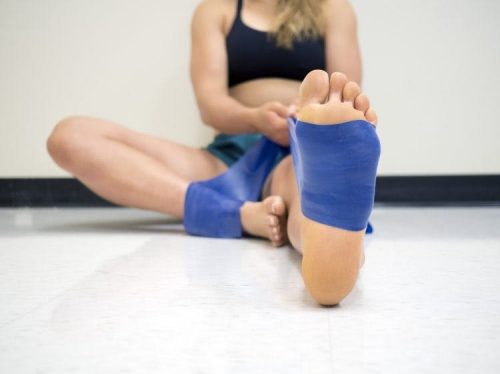
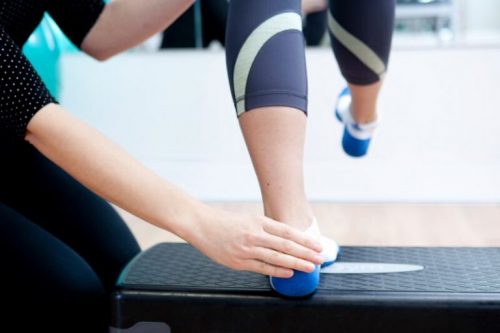
This is a valuable assessment, to determine how your overall gait and mechanics are affecting your lower limb function.
Once we have conducted the assessment, we provide you with a treatment management plan which may include:
Some of the conditions assessed and treated include;
Warts are benign lesions, caused by a viral infection. Currently, we use topical treatments, in conjunction with taping and off-loading, to treat warts.


We can provide podiatry care for those NDIS clients, who have access to podiatry, through their plan
Some patients are eligible to receive up to 5 visits/calendar year, through the Chronic Disease Management Plan. You are required to have this GP referral in place, before your appointment.


We can provide Podiatry services to DVA Gold and White card holders. To be able to access Podiatry, a DVA referral (D904) is required from your GP, before your appointment.
So, are you ready to step into comfort and health? Let Healthy Sole Podiatry in Launcestonbe your guide to better foot health. From ankle foot orthotics to specialised diabetic care and children’s podiatry, we support every step you take. Visit our services page to learn more and book your appointment today. Healthy feet, happier you!